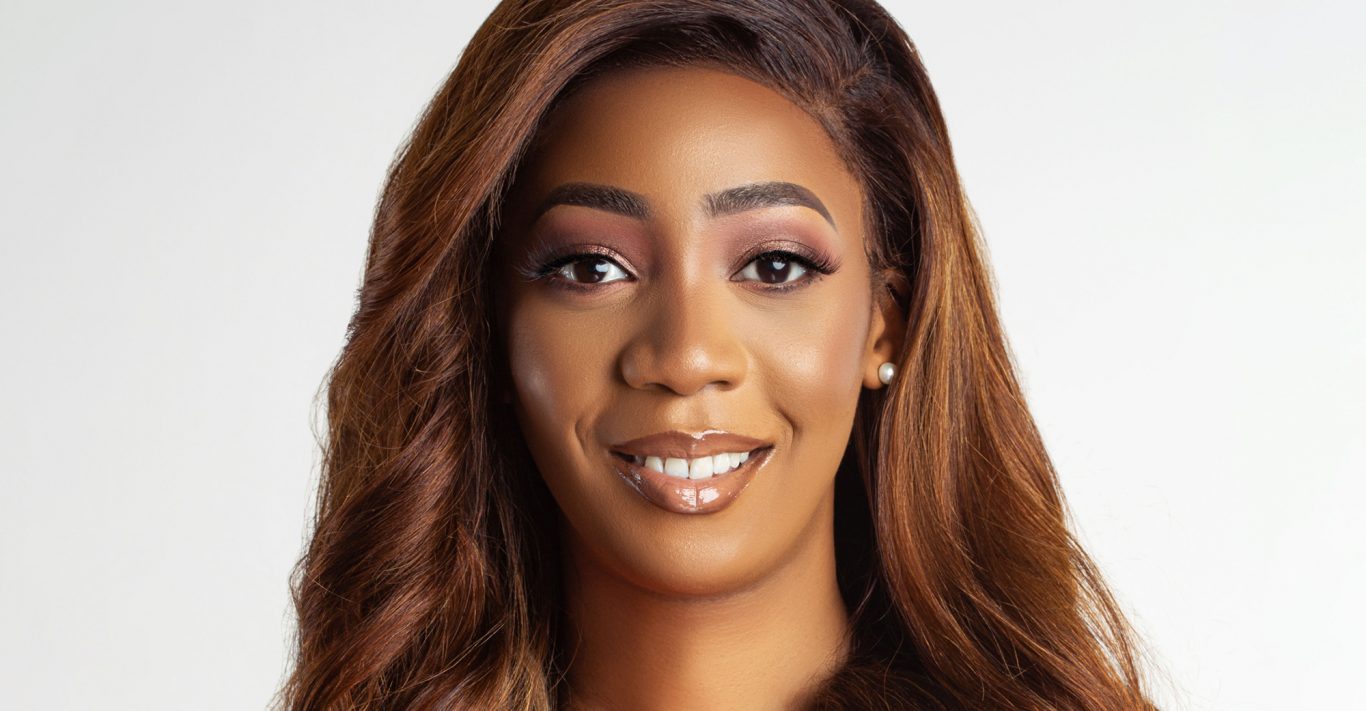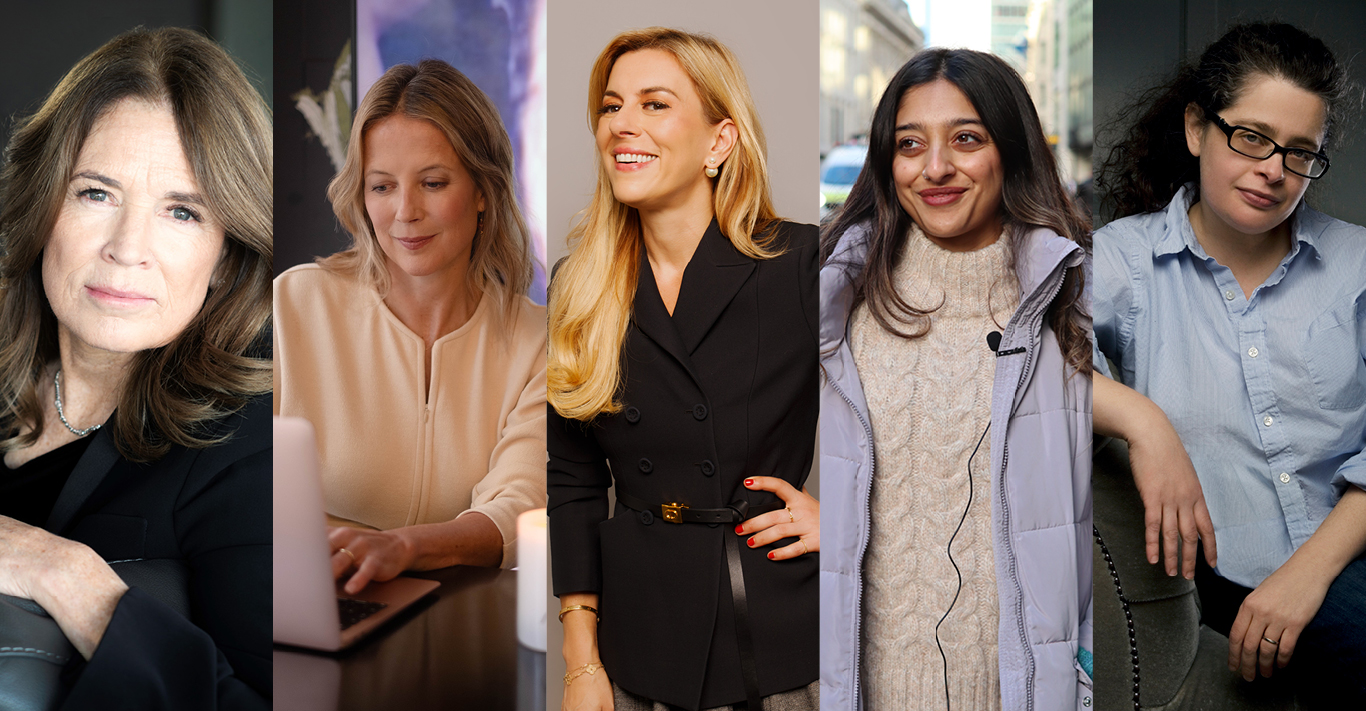I set up Girls Talk London in 2013 to address the under-representation of women at entry and senior level in FTSE 100 businesses. We connect women with businesses to empower them to develop the skills and confidence to succeed in work and life via bespoke programmes, events and digital content. Since our first event, we have directly supported more than 1,800 women in the UK advance in their careers, and have a digital community of over 44,000 women.
We have designed and delivered mentoring programmes to support nearly 200 girls in pursuing careers in science, engineering, technology and maths (S.T.E.M) and in 2018 we won a European Diversity Award for our mentoring programme, Step into STEM.
I’m actually a scientist by trade with an undergraduate degree in Biomedical Science as I had planned to become a doctor. However, during my second year of university I discovered my passion for business and entrepreneurship. After graduating, I ended up working in the City in a number of roles for various companies including Barclays, HSBC and JP Morgan as at that time they were hiring lots of science grads for our analytical skills.
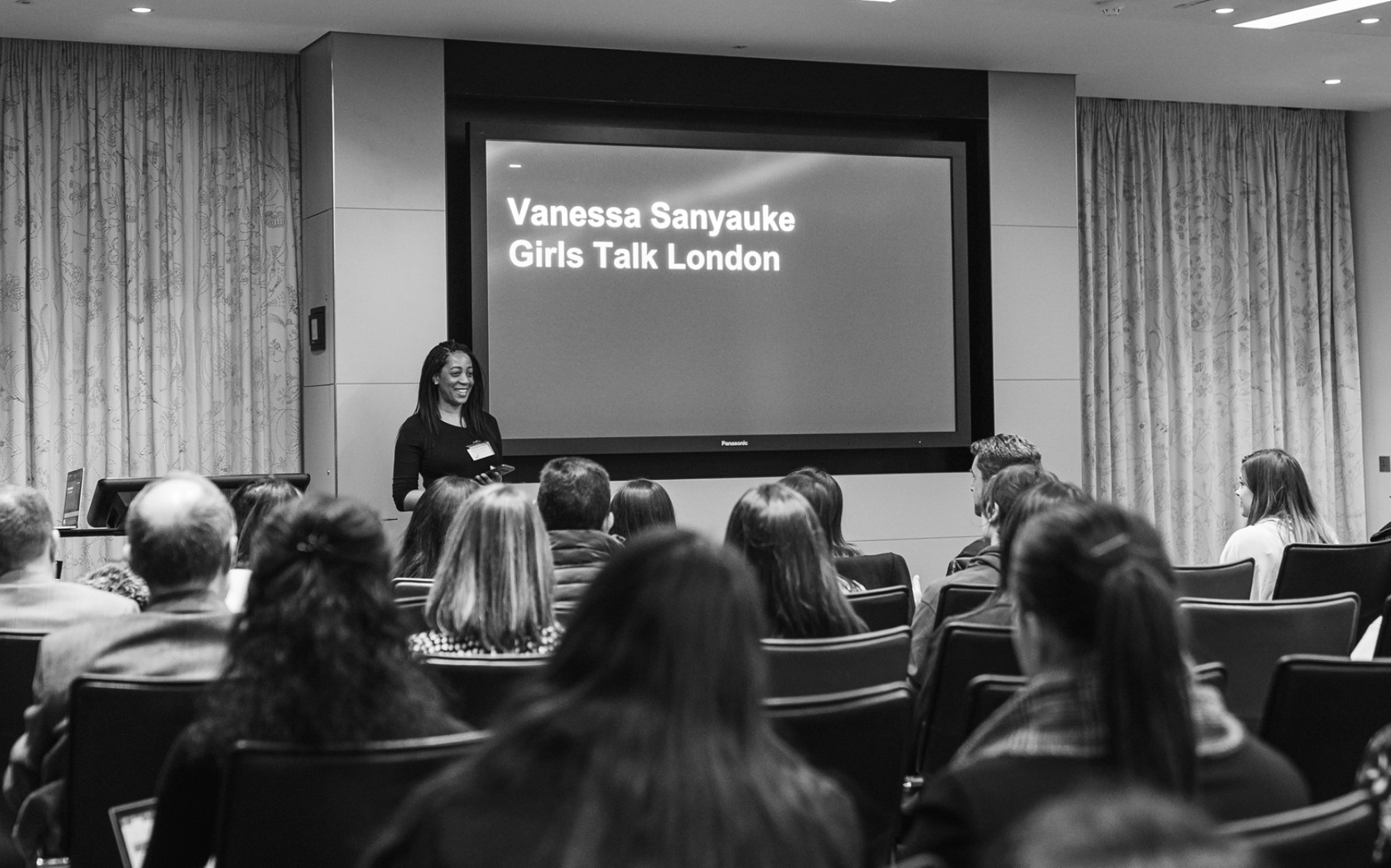
During my time with JP Morgan, I worked within their Corporate Responsibility department and I had never even heard about this area of work. I found it incredibly rewarding and exciting and it was here that I knew that I wanted to work in a function that helped businesses do better for their people and communities.
To up-skill myself in this area, I completed a master’s degree in sustainability and management at Royal Holloway, University of London. After this, I then worked as a senior programme manager for a non-profit diversity and inclusion organisation, The Brokerage Citylink, working with companies in the financial services – such as UBS, Deutsche Bank and RBS.
It was during my time working at The Brokerage, that I began to notice that a lot of girls were opting out of careers in the financial services. They would say things like: ‘That’s not for me.’ ‘I don’t really see myself there.’ ‘There are not many women.’
I found it disheartening that those girls were opting out of such rewarding careers, and came up with the idea for Girls Talk London. I leaned on my City contacts, reaching out to senior women in the City asking them to take part in panel events where girls who are in secondary school could meet them to hear about their careers, ask them questions and get inspired to pursue a career in the City.
Collaboration is key to making real and impactful change in Diversity and Inclusion. D&I is not a problem for practitioners alone to solve; everyone needs to play a role with endorsement from the very top and in partnership with colleagues across key functions such as HR and Communications.
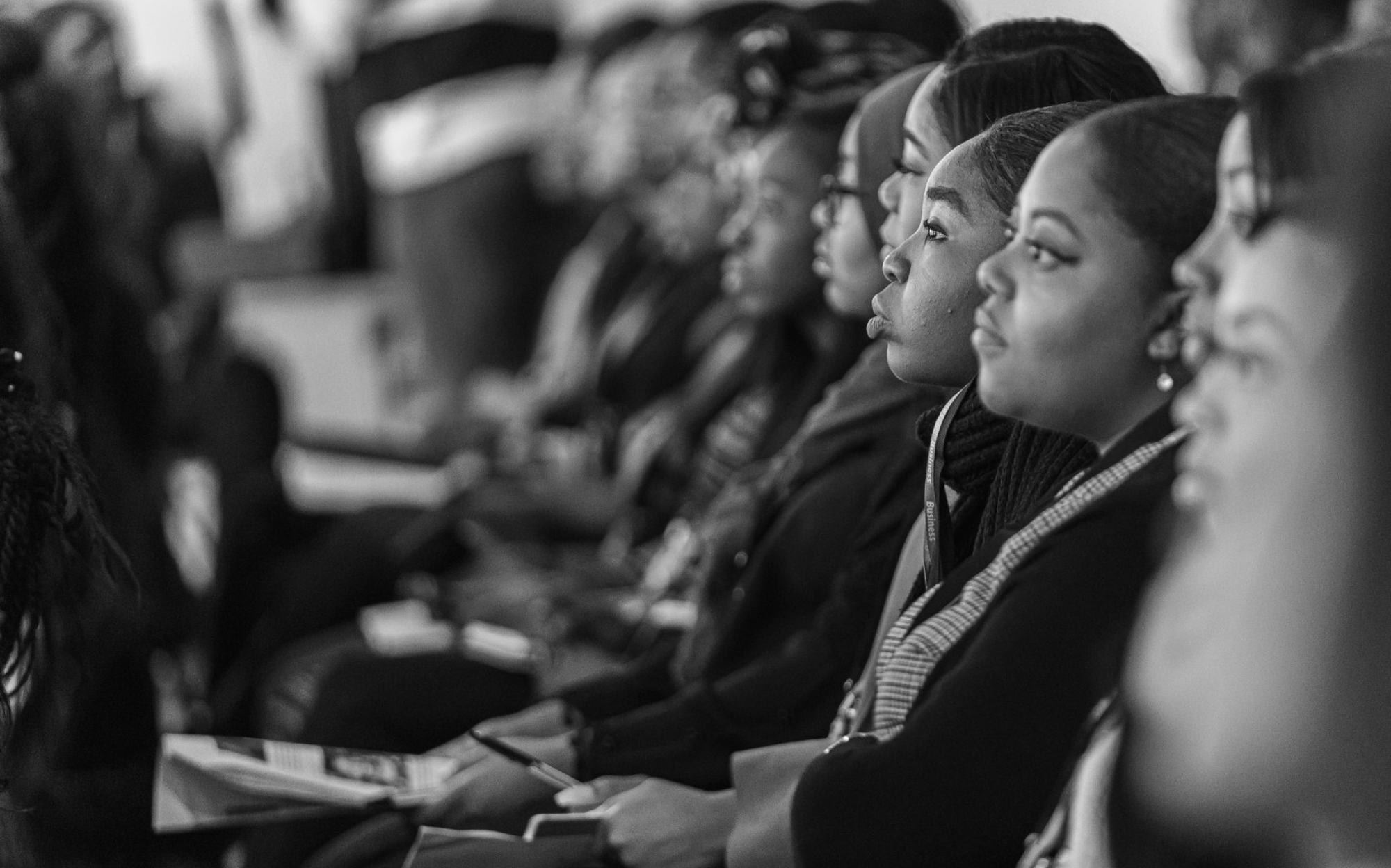
D&I leaders need to be empowered to make real change; if we can’t make key decisions then we’re stuck with a strategy that we can’t execute. It’s really important that a chief diversity officer in an organisation actually has authority. Limited budgets can be another barrier to change and in some companies, D&I is the least funded department. It’s very difficult to change culture if there’s no money to invest into it.
To implement change, it’s really important to start by listening and understanding the experiences of employees. In response to the recent global events on racism and discrimination, I would advise senior leaders to talk to your Black employees to find out what they need and to understand the challenges and barriers they are facing in the workplace and society. If your company does not have an employee resource group for race, then find out from your workforce if there is an appetite to create one. Employee resource groups can provide safe spaces for discussions but can be incredibly powerful in driving real change when given the right support and resources such as training and significant budget.
The next step is for businesses to then look at data and insights. Once you understand where the problems are, then you can look at designing solutions.
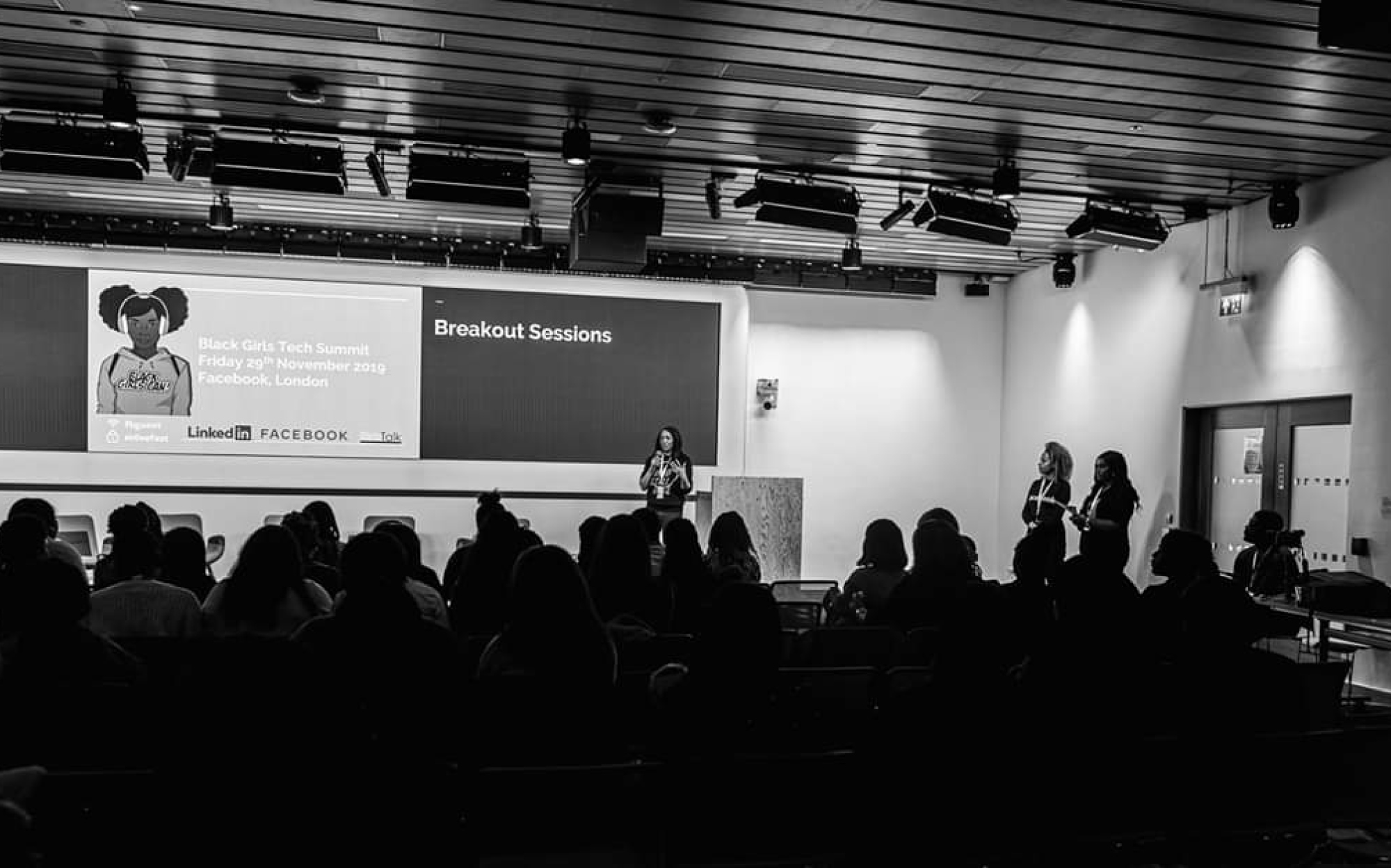
There’s no quick fix to addressing the challenges and barriers that minority groups face in the workplace and simply hiring a D&I specialist is not going to change things. You have to have a plan and take your time to get your solutions and interventions right.
I’m someone who’s been working in this area for a long time now, so I can see it’s not just a trend. It’s something that needs to be taken seriously in order to make a real difference. I think customers will be able to tell which companies and brands are genuinely implementing change and those who are just paying lip service.
On an individual level, it’s important to speak up and report racism and discrimination. If there’s bullying and harassment in the workplace and your company has a reporting line- use it. If people don’t report these situations, it’s just going to keep happening. Be an ally and then take it one step further and be an advocate. If you’re not experiencing discrimination yourself, but you know that there are marginalised groups who are facing challenges then raise their issues and call out unacceptable behaviour.
Ask questions, if you’re not sure about some of the barriers minority groups in the workplace face and try to understand what life is like for them.
Simply put, Diversity and Inclusion is good for business and good for everyone. If you don’t have a diverse workforce and an inclusive workplace, then you are jeopardising your profitability and productivity, which will eventually impact everyone in your organisation. When businesses become more diverse and inclusive environments, the better everyone does in the long term.
Vanessa Sanyauke is the founder and CEO of Girls Talk London and a global diversity and inclusion specialist working in the City of London. To learn more about Vanessa and her work, visit vanessasanyauke.com


